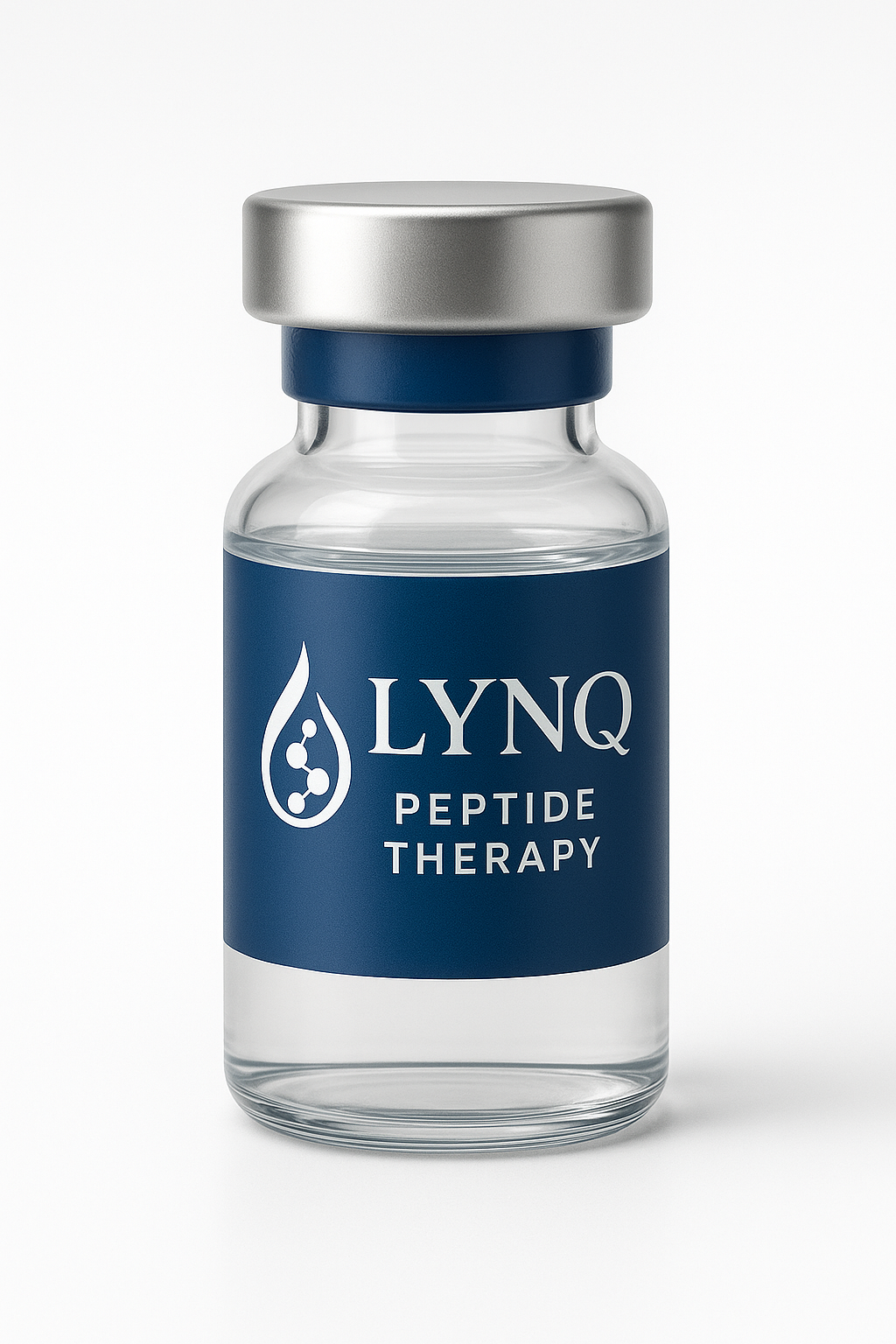1
/
of
1
Ipamorelin - 5mg
Ipamorelin - 5mg
Regular price
$55.00 USD
Regular price
Sale price
$55.00 USD
Quantity
Couldn't load pickup availability
Ipamorelin is a selective growth hormone–releasing peptide (GHRP) that stimulates the pituitary gland to increase the natural secretion of growth hormone (GH) without significantly affecting cortisol or prolactin levels. It acts as a ghrelin receptor (GHSR) agonist, mimicking the body’s hunger hormone to trigger GH release while maintaining a clean and specific profile. Known for its precision and minimal side effects, Ipamorelin is widely studied in research exploring muscle growth, fat metabolism, recovery, and anti-aging—though it is not approved for human therapeutic use.
What Are the Effects of Ipamorelin?
- Growth Hormone Release: Ipamorelin binds to ghrelin receptors in the pituitary and hypothalamus, stimulating the natural, pulsatile release of GH and downstream IGF-1 production, which supports tissue growth and repair.
- Muscle Growth & Recovery: Increased GH and IGF-1 activity promote protein synthesis, enhance muscle cell regeneration, and improve recovery from training or injury in research models.
- Fat Loss & Metabolic Balance: By stimulating GH-mediated lipolysis, Ipamorelin supports fat utilization for energy and helps maintain lean body composition.
- Sleep Quality & Cellular Repair: Research shows Ipamorelin may enhance deep sleep cycles and cellular regeneration by optimizing natural GH secretion timing, particularly during nocturnal phases.
- Joint & Connective Tissue Support: GH and IGF-1 stimulation via Ipamorelin contribute to collagen production, promoting healthier joints, ligaments, and tendons.
- Synergy with GHRH Analogs: When combined with peptides such as CJC-1295 (No DAC) or Sermorelin, Ipamorelin produces a synergistic amplification of GH release, mimicking youthful endocrine patterns.
- Safety Observations: Ipamorelin is noted for its high receptor selectivity, producing strong GH stimulation with minimal side effects. It does not significantly affect appetite, prolactin, or cortisol levels, and has shown excellent tolerability in both preclinical and early clinical studies.
Share


